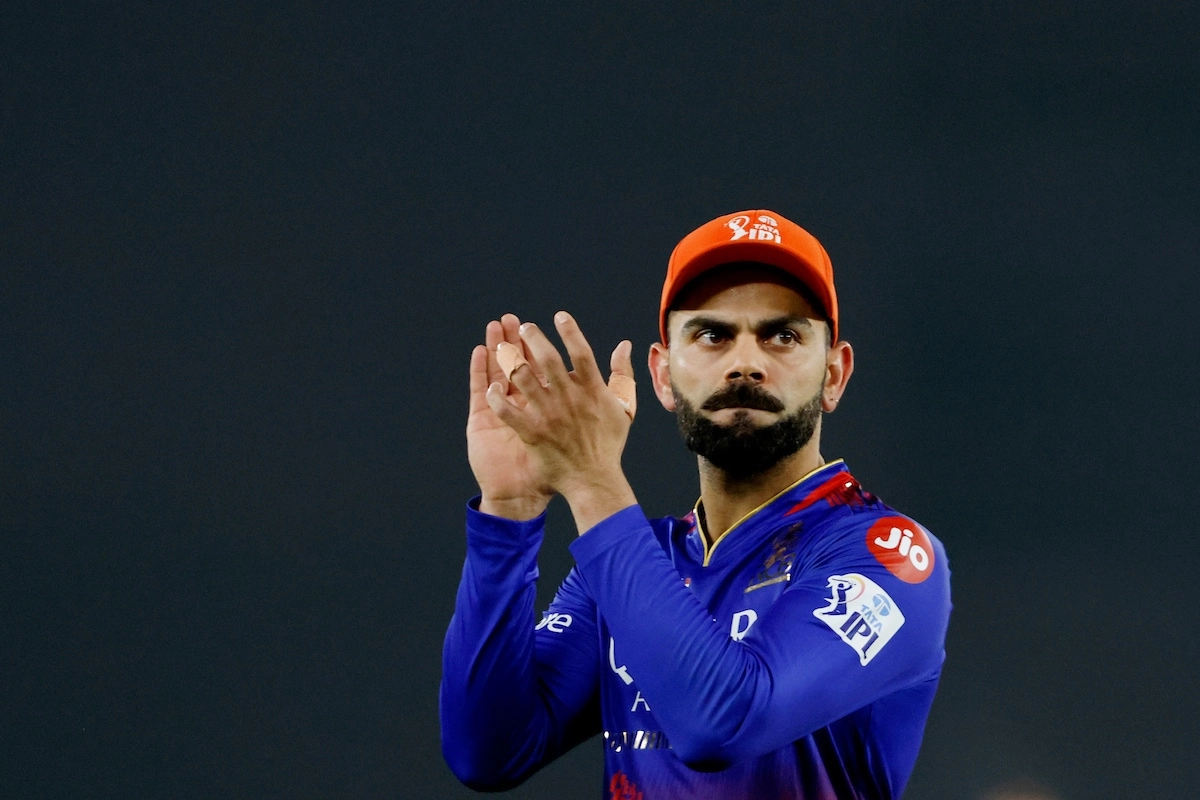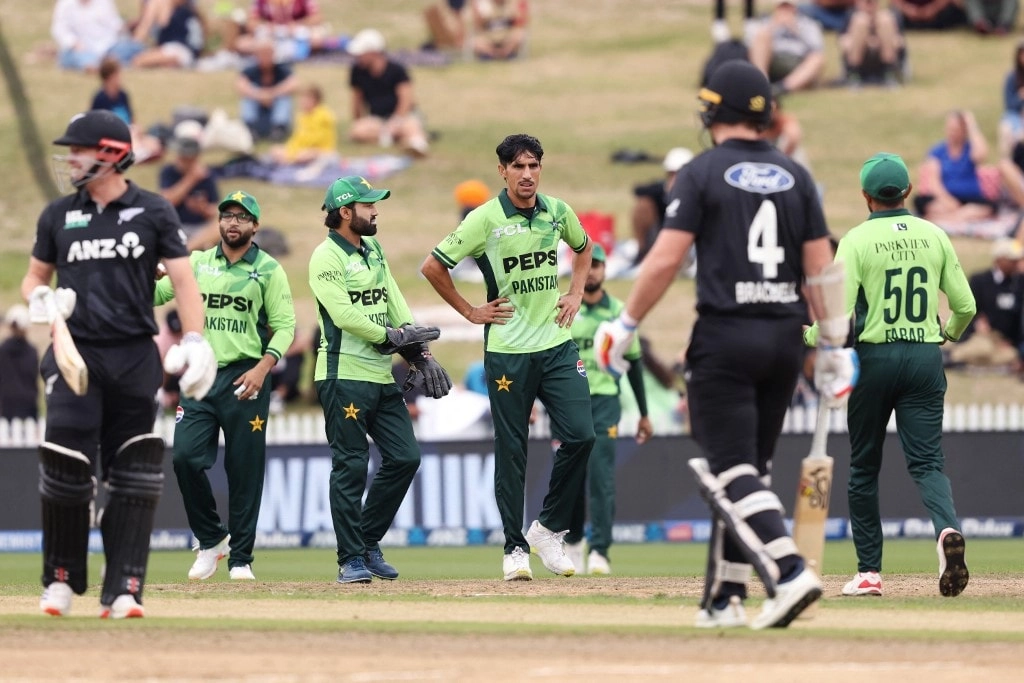Suryakumar Yadav, the dynamic Indian cricketer, recently addressed the speculation surrounding a perceived “boycott” of handshakes with the Pakistani team during the ongoing cricket World Cup. The incident in question gained traction after a match where players from both teams notably refrained from the customary post-match handshake, leading to a flurry of media commentary and fan discussions. Many interpreted this absence of handshake as a political statement or a sign of escalating tensions between the two nations, which have a long-standing rivalry in the world of cricket. However, Suryakumar chose to clarify the situation, emphasizing that there was no deliberate intention to snub the opposing players.
In his remarks, Yadav explained that the players were simply caught up in the heat of the moment and the competitive spirit of the game. He expressed that the focus was primarily on the match itself and that the players maintained mutual respect for each other despite not engaging in the traditional handshake. “I gave a proper reply to those who questioned our sportsmanship,” he stated, underscoring that camaraderie and respect remain integral to the sport, regardless of the heightened emotions in high-stakes encounters. This clarification aims to dispel any misconceptions and reinforce the message that cricket, while competitive, is ultimately about sportsmanship and mutual respect among players.
The context of cricket matches between India and Pakistan is often intensified by historical and political factors, which sometimes seep into the sporting arena. As such, any actions or perceived slights can be magnified, leading to broader discussions that extend beyond the game itself. Suryakumar’s comments serve as a reminder that the athletes involved are professionals dedicated to their sport, and any on-field dynamics should not be misconstrued as political statements. His approach reflects a mature understanding of the complexities surrounding international cricket and the importance of keeping the focus on the game, rather than allowing external factors to overshadow the spirit of competition.
In conclusion, Suryakumar Yadav’s response to the handshake incident sheds light on the nuances of international sportsmanship. By addressing the situation directly, he not only clarifies the players’ intentions but also reaffirms the value of respect and camaraderie among competitors. As the World Cup continues, it is crucial for players and fans alike to appreciate the game for its intrinsic values, rather than allowing off-field narratives to dictate perceptions. The incident serves as a reminder that, while cricket can evoke passionate feelings, the essence of the sport lies in the unity and mutual respect shared by its players, regardless of their national affiliations.




